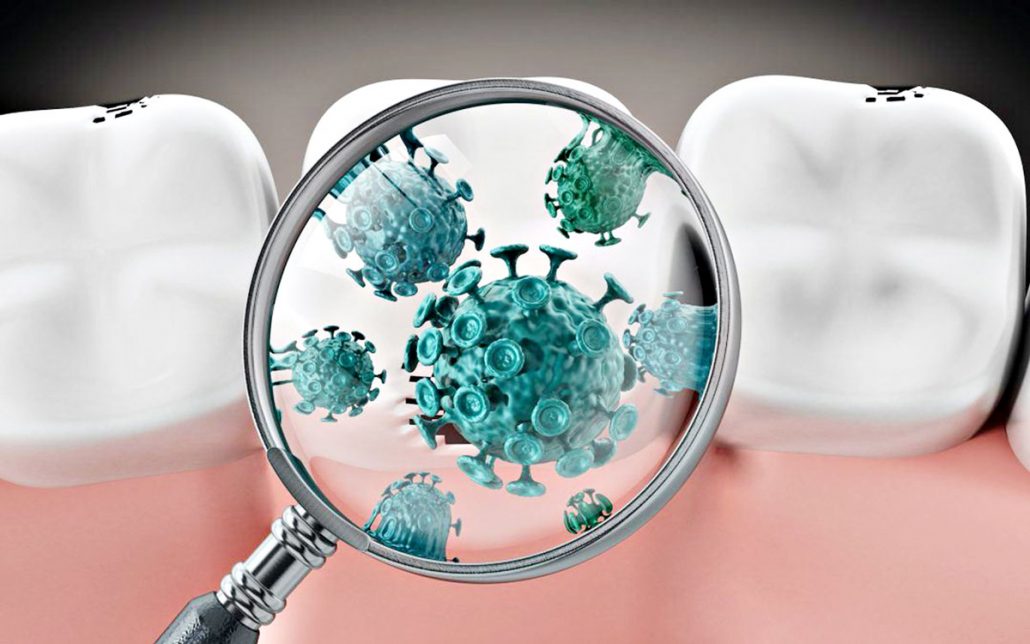A POSSIBLE link exists between oral hygiene and the severity of SARS-CoV-2 infections.

According to a new study published in the British Dental Journal, poor oral hygiene may be connected to serious COVID-19 complications due to high levels of harmful oral bacteria.
The study was conducted by Dr. Victoria Sampson, a practicing dentist; Nawar Kamona of the Center for Nutrition Education & Lifestyle Management, London; and Ariane Sampson an orthodontics specialist at the Cambridge University Hospital Trust.
Last January, the World Health Organisation identified COVID-19, caused by the virus SARS-CoV-2, is a global emergency. The risk factors already identified for developing complications from a COVID-19 infection are age, gender, and comorbidities such as diabetes, hypertension, obesity, and cardiovascular disease.
These risk factors, however, do not account for the other 52 percent of deaths arising from COVID-19 in often seemingly healthy individuals.
The new study investigates the potential link between SARS-CoV-2 and bacterial load, questioning whether bacteria may play a role in bacterial superinfections and complications such as pneumonia, acute respiratory distress syndrome, and sepsis.
The connection between COVID-19 complications and oral health and gum disease is also examined, as the comorbidities at highest risk of COVID-19 complications also cause imbalances in the oral microbiome and increase the risk of periodontal disease.
‘’We explore the connection between high bacterial load in the mouth and post-viral complications, and how improving oral health may reduce the risk of complications from COVID-19,’’ said Dr. Sampson.
The study suggests that good oral health practices could help reduce post-COVID-19 complications such as respiratory infections.
It posits that bacterial superinfections are common in patients suffering from a severe case of COVID-19.
More than 80 percent of COVID-19 patients in Intensive Care Units exhibited an exceptionally high bacterial load, with more than half of deaths exhibiting bacterial superinfections, the study observes.
In severe cases, complications such as pneumonia and acute respiratory distress may be caused by bacterial superinfections. The bacteria may come from the mouth.
The study recommends ‘’that oral hygiene be maintained, if not improved, during a SARS-CoV-2 infection in order to reduce the bacterial load in the mouth and the potential risk of a bacterial superinfection.”/PN







